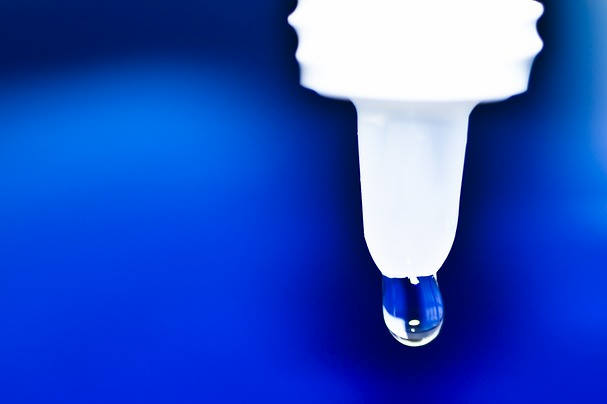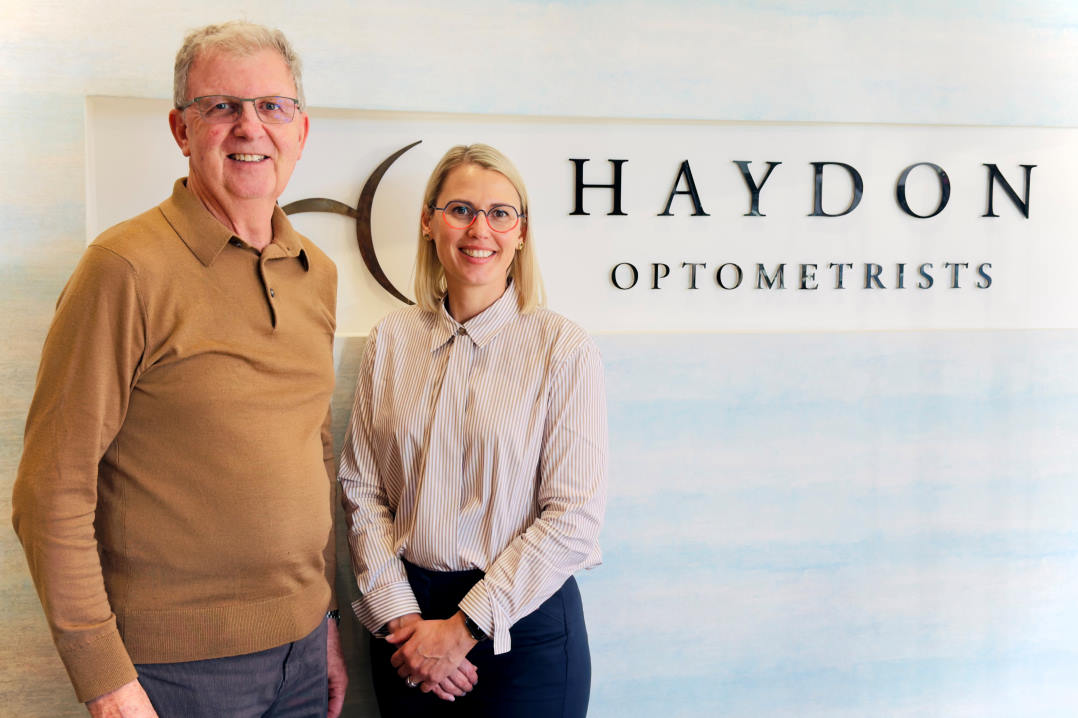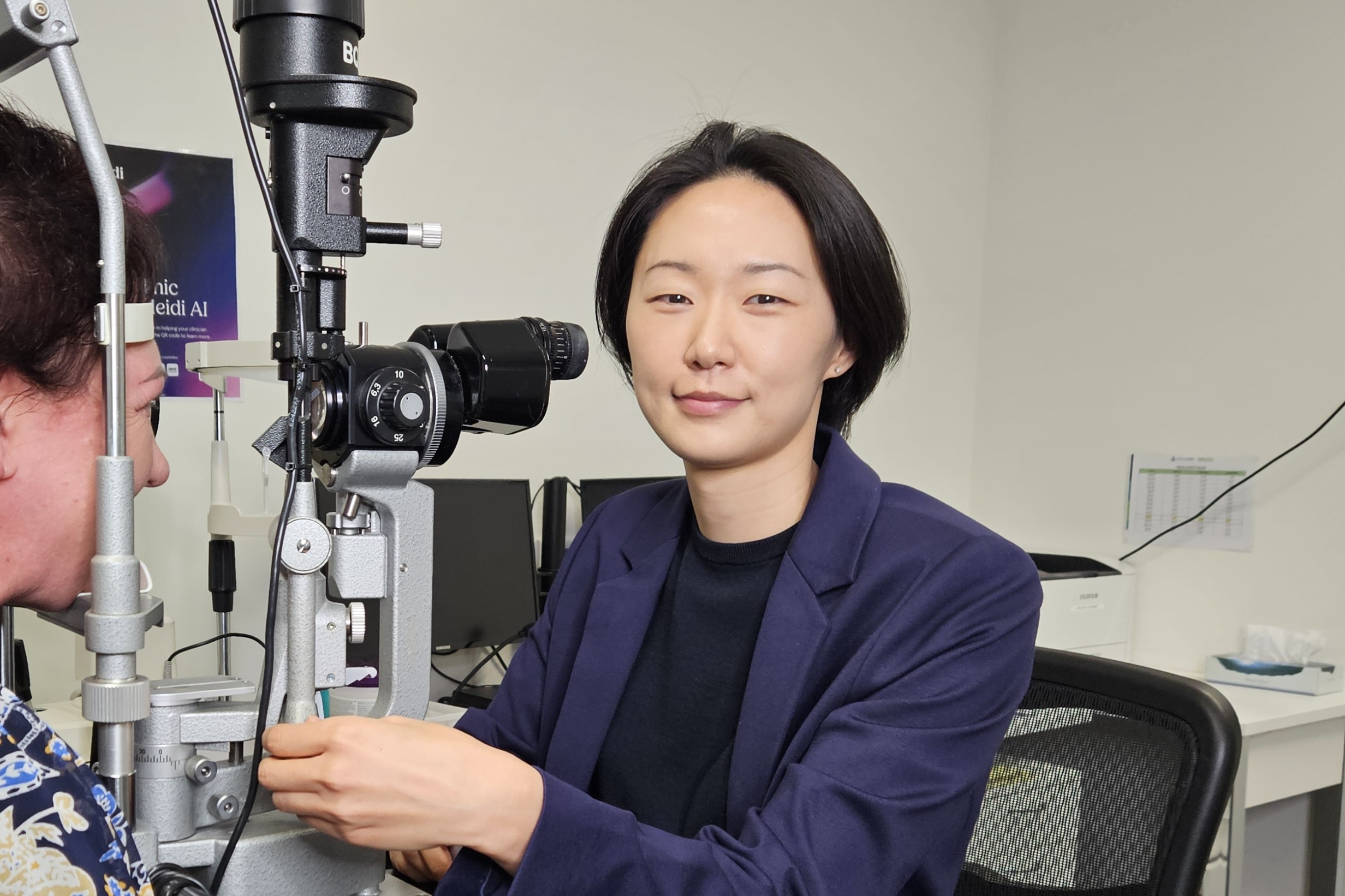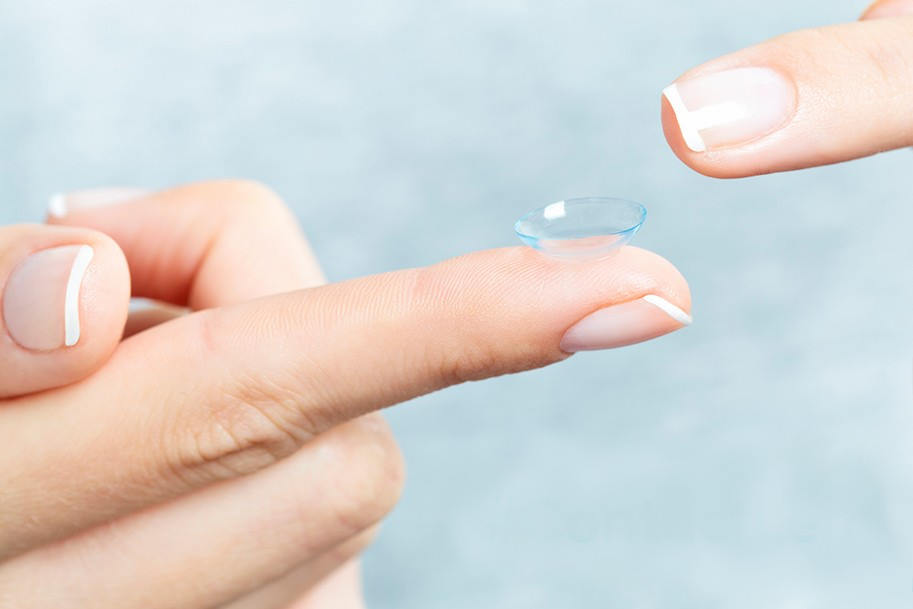AMD eye drops a step closer
Scientists at the University of Birmingham are one step closer to developing an eye drop that could replace injected drugs and revolutionise treatment for age-related macular degeneration (AMD), having tested the effect of the eye drops in the larger eyes of rabbits and pigs, which are more similar to human eyes than the rats used previously for testing.
AMD is the leading cause of blindness in the developed world and its prevalence is increasing dramatically as the population ages. It is currently treated by injections of sight-saving drugs into the eye which must be administered by medical professionals. Scientists, led by biochemist Dr Felicity de Cogan, from the Institute of Microbiology and Infection, have invented a method of delivering these otherwise-injected drug as eye drops.
The technology behind the eye drops is a cell-penetrating peptide that can deliver the drug to the retina (the back of the eye). Laboratory research published in Investigative Ophthalmology & Visual Science (IOVS), showed that these eye drops have a similar therapeutic effect to the injected drug in rats. This latest study, also published in IOVS, demonstrates that the eye drops can deliver a therapeutically effective amount of the drugs to the retina of the larger mammalian eye.
Dr de Cogan said: “From the outset, we realised that delivering drugs through eye drops would mean that patients can administer their treatment themselves, and this would be less costly, save time for patients and healthcare providers, and reduce the potential complications that can arise from injections. Now we have shown that the eye drops work in the larger mammalian eye, and we welcome commercial investment and expertise so we can deliver a structured research and development programme that should bring concrete benefits to people with AMD and eye diseases.”
Clinical trials in humans could start as early as spring 2019.
























